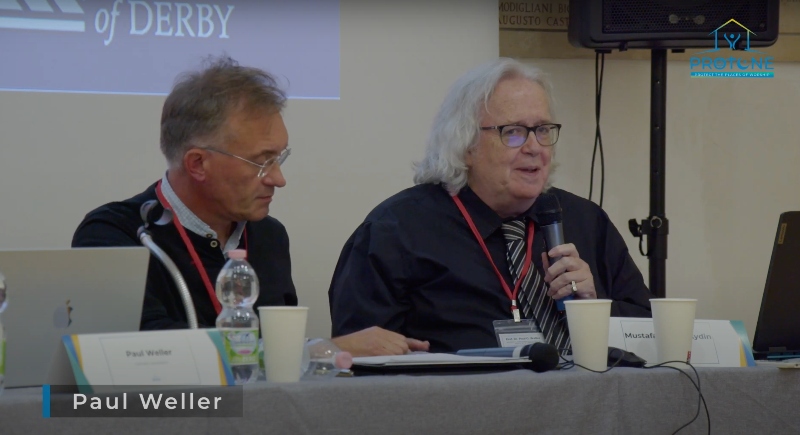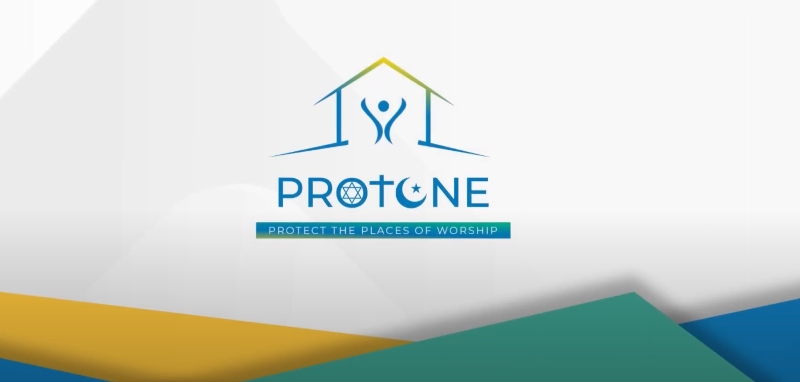Baptist scholar member of new Interfaith council

The founding charter of this Council was signed following a symposium held in Rome entitled Protecting Places of Worship: A Unified Approach to Sacred Space Security.
Paul was among those invited to speak at the symposium. His presentation drew on four decades of inter-faith engagement and posed a series of 'questions for inter-faith initiatives'.
The Charter of the Interfaith Council comes out of an EU-funded project (of which Paul has been a member of its advisory board) called Protone.

This project has been concerned with the safety and security of Jewish, Muslim and Christian places of worship in Europe.
Issues to do with the safety and security of, especially, synagogues, mosques and churches have been present in Europe for a number of years in the context of both right-wing terror attacks on mosques and synagogues and ISIS-style terror attacks on churches.
However, these have also intensified and taken on new forms following the events of 7 October 2023 in Israel and their aftermath in Gaza.
Since its inception, the Protone project has produced a number of useful resources for understanding and addressing these issues, including:
-
Protecting Places of Worship in Europe: A Review of Literature and Future Research Trends, which can be accessed here
-
Research Report on Protecting Places of Worship in Europe: Between Inclusivity, Integration, and Religious Freedom: access it here
-
field report of relevant research conducted in Belgium, Germany Italy and Spain
-
and Training Programmes and Modules for project stakeholders, faith leaders, heads of places of worship/worshippers
The new Council and its Charter is now extending the original focus of the Protone project to include places of worship of other than Abrahamic traditions.
The Charter states that: 'The Interfaith Council for the Protection of Places of Worship in Europe is being created to act against rising violence by promoting inter-religious collaboration and a culture of respect and appreciation.
'The religious communities represented in the Council have different histories in Europe. In the constitution and co-operation of this body, we affirm the right of every religion to be practised here and work to further develop a Europe of religious plurality and positive inter-religious and inter-convictional relations.'
A video of the Council’s founding can be found on YouTube. Paul's brief spoken input begins here.
During his address, among other things, he referred to the Baptist Christian tradition's historic position of upholding religion and belief freedom for all, and its relevance to contemporary agendas for the protection of places of worship in Europe.
Commenting on his participation in the new Council, Paul added, 'I feel privileged to have been asked to work together on this important matter with some remarkable individuals from other religions, as well as from other parts of the Christian tradition.'
Baptist Times, 15/01/2025